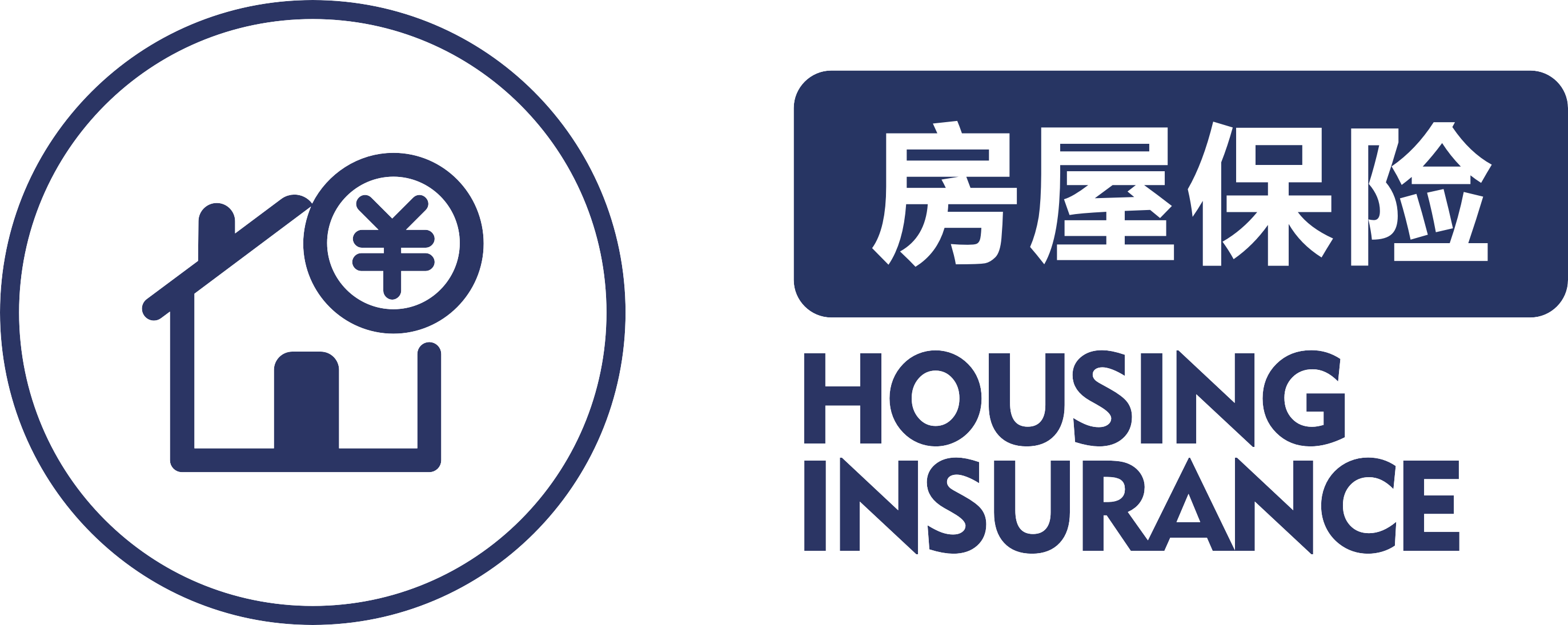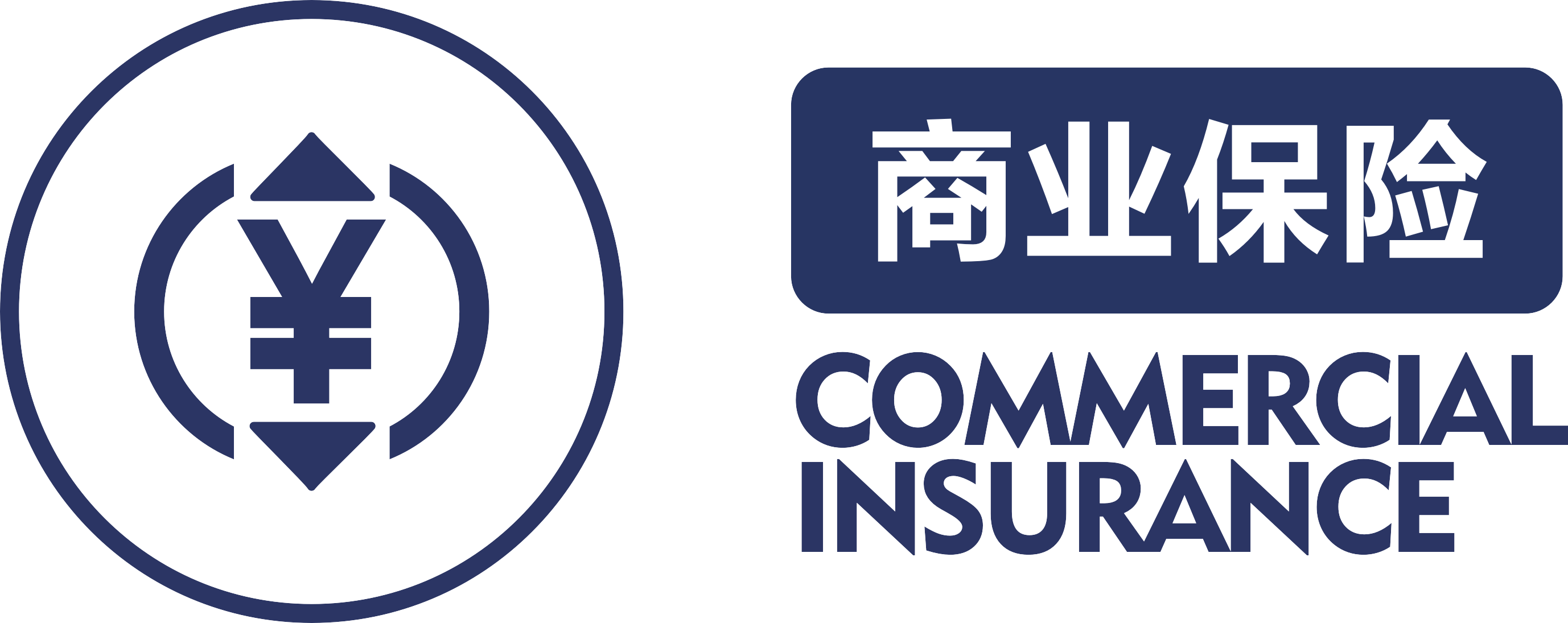
- Selecting a Professional U.S. Insurance Licensed Broker
Insurance companies in the U.S. generally license insurance products to be sold by third-party independent insurance brokers or insurance agencies, with the licensed insurance broker providing the appropriate insurance plans and product selections based on the client's needs. In this case it is especially important to choose a professional and trustworthy insurance broker.
By communicating and discussing with your insurance broker, you should try to understand the insurance company he recommends. With over 800 insurance companies offering life insurance products in the U.S., how can you tell if an insurance company is good or bad? This is where the well-developed credit rating system in the U.S. plays a key role.
The so-called credit rating system, which is considered by some independent international third-party agencies to assess the size of the assets under management and the payout ratio of insurance companies, is the main source of information on the financial situation of insurance companies: A.M. Best's assessment of the overall strength of insurance companies:
Insurance companies are rated annually by Standard & Poor's, Moody's and Fitch Group on an international basis.
Rating companies look at important factors such as profitability, capital or funding, reserves and surplus before rating a company as good or bad, and perform an unbiased analysis of an insurance company's publicly available financial statements.
After establishing the reliability of the broker and the insurance company he recommends, you should also consider whether the plan he proposes is practical, effective and reliable. You need to discuss the issues with the broker, give your questions and opinions, participate in the development and modification of the insurance plan, and fully understand your policy rights and the feasibility of the plan to avoid future problems.
- Submit an insurance application
After deciding on an insurance plan, the next step is to apply for coverage. Life insurance is not like a regular commodity that you can just shell out money for. The insured has to meet the requirements of the insurance company and pass the vetting process to get the insurance.
Therefore, you should take out life insurance when you are healthy or not too ill. Delaying your application for life insurance until you have health problems or major illnesses may not necessarily result in the best price (rate), or you may not be able to get insurance. Drug use, alcohol abuse, law violations, frequent traffic violations, traveling or living in high-risk areas, participating in dangerous sports or working in high-risk jobs can all affect your policy application.
When applying, you should answer all questions truthfully and do the appropriate medical examination as required by the insurance company. In particular, any intentional concealment or serious misrepresentation of health information and various preparatory documents may result in the policy being invalidated and not being insured, or being denied coverage in the event of an accident, or even being subject to lawsuits.
If your insurance broker is involved in or even actively abetting the fraud, you should change to a more responsible broker. Most U.S. insurance companies require that you be a U.S. citizen or at least a resident of the U.S. in order to purchase life insurance, but there are also some insurance companies with high international ratings and strong underwriting capabilities that are open to overseas customers. As long as the customer is entering the U.S. with a valid U.S. visa, they can apply for the policy even if they are traveling to the U.S. for tourism or business.
When submitting an application, the insurance broker is required to collect various information about the client at the request of the insurance company and write a report to the insurance company, introducing the applicant's situation and proving insurability (insured interest). After the application is submitted, the insurance company will have the appropriate underwriter enter the process. The review process also requires the insurance broker to maintain good communication with the reviewer and to add any additional client information that may be required. This is a great test of the insurance broker's experience and communication skills.
- Medical Examination
If the insured is young or has a small policy amount, the insured only needs to answer the health-related questions asked on the application form and does not need a medical examination. On the contrary, if the insured is old and has a high sum insured, the insurance company will commission a special, independent medical examination company to send someone to the insured's home to do a free medical examination, which consists of a blood test, urine test and blood pressure measurement.
General medical examinations are performed by licensed medical personnel. The medical examiner and laboratory are generally not affiliated with the insurance company, thus ensuring the independence and objective notarization of the medical examination results.
The insurance company may also contact the policyholder after receiving the application to further verify the questions answered in the application and may ask for additional information.
Based on the health information provided by the insured, the insurance company may request medical records from the relevant doctors and hospitals. If the medical records are from China, the insurance company will specially find someone to translate them, and this process is all free of charge to the insured. The insurance company will make a comprehensive assessment of the risk of coverage and make a final decision on whether to cover the case. - Signing for the policy
After the policy is approved, the policy is mailed or presented in person by the broker to the Policy Owner and the premium is collected (bank check or bank account in the U.S. authorizes the insurance company to debit the policy). If the policyholder does not wish to accept the policy for any reason after receipt, the policy may be returned to the agent or insurance company within (not less than ten) days for a full refund; if the time limit is exceeded, the insurance company may not issue a refund according to the rules.
A policy is a contract that states the name of the insured, the policy number, the amount and type of coverage, the date of coverage, the fringe benefits, and the beneficiaries. The policy contains pre-printed terms, content, definitions and explanatory notes, as well as a copy of the application form (in English). If the insured does not understand the terms and conditions, he or she can ask the insurance broker to explain them. Some U.S. insurance companies also offer Chinese speaking customer service. - The policy is in force and premiums are paid on time
Premiums can be paid monthly, quarterly, semi-annually or annually.
It is best to use the automatic bank account transfer type on a regular basis, which is safe, reliable and simple.
If payment is made by check or money order, the policy number and the name of the policyholder should be indicated. Usually the insurance company will send a letter or statement to the policyholder every year. In addition, most insurance companies now support online inquiries, and policyholders can check the status and cash value accumulation of their policies online through their account numbers and passwords.









